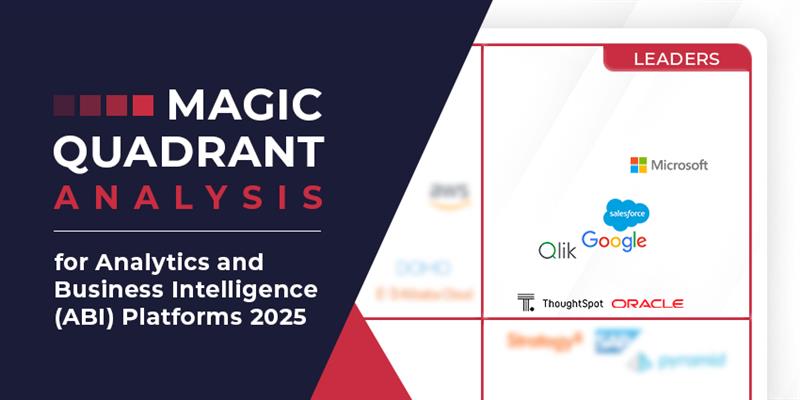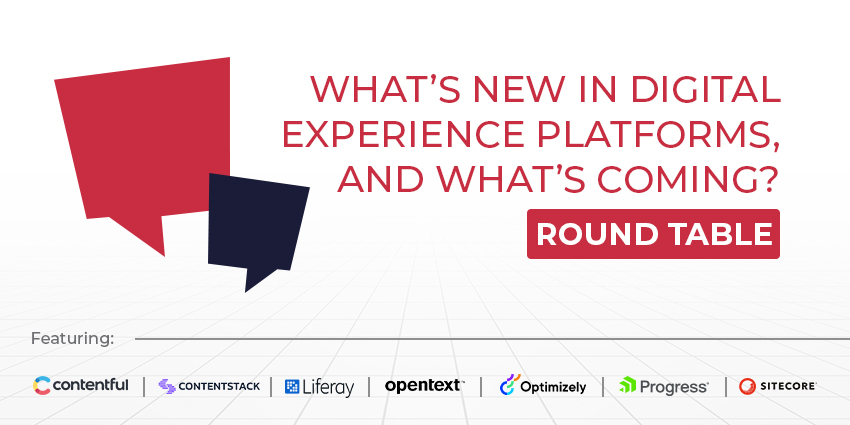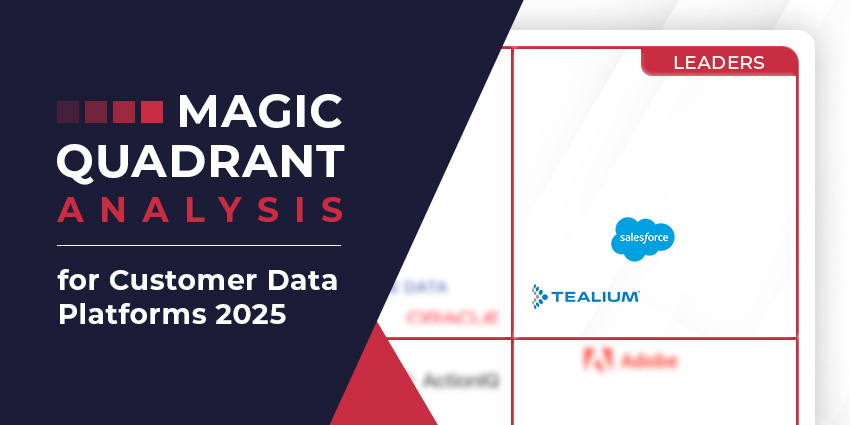Salesforce has announced new AI-powered features for MuleSoft to pull more data into the Salesforce environment, improve developer productivity, and simplify workflows.
Perhaps most exciting is the Intelligent Document Processing (IDP) capability that “rapidly” extracts and organizes data from documents like PDFs and images.
As IDP integrates with Salesforce Flow, that data may pass across Salesforce Clouds, MuleSoft Anypoint Platform, and MuleSoft RPA.
As a result, it helps to increase cross-app insights, streamline processes, and train AI models embedded across the Salesforce Einstein 1 Platform.
The IDP also comes with ready-made templates for tasks like handling purchase orders, reviewing invoices, and reducing setup time. Meanwhile, users may review AI-generated outputs to ensure accuracy.
In addition, Salesforce has augmented the IDP with Einstein AI to extract data using only natural language commands – eliminating the need for AI model training.
Via this Einstein AI-enabled capability, customers can also format responses, classify documents, and trigger actions using written prompts alone.
As such, Salesforce removes some of the burden from developers in implementing AI.
Vijay Pandiarajan, VP of Product Management at Salesforce, celebrates this, stating: “Developers are on the frontlines of implementing AI. But to unlock this exciting technology’s full power at scale, organizations need to activate their business users to participate in this implementation.
With Einstein powering MuleSoft automation and integration products, every team across an organization can use AI to build and drive seamless customer experiences.
While the IDP feature won’t reach general availability until the third quarter of 2024, Salesforce has announced several other features in MuleSoft that customers can access right away.
For instance, the Anypoint Code Builder has a new configuration panel that allows users to configure flows, operations, and components directly through the UI, enhancing the development of new APIs.
Einstein AI also augments the tool so teams can create integration flows using written prompts.
Elsewhere, MuleSoft Accelerators for Industries now offers use cases for retail, financial services, and healthcare. One such new use case for the latter de-identifies patient data for research and training AI models.
Finally, a new “Observability with Anypoint Monitoring” solution provides developers with a centralized view to oversee API workloads incorporating AI.
In December, Marc Benioff, CEO of Salesforce, described MuleSoft as the “heart and soul” of many customer transformations and a significant differentiator for the Einstein 1 Platform.
Einstein Copilot for Tableau Is Available in Beta
Earlier this week, Salesforce also announced the beta availability of Einstein Copilot for Tableau.
The aim is to help users “in every role and function” engage in data analysis with Copilot as their personal AI assistant.
Its features include “Recommended Questions”, where Copilot analyzes business and metadata to guide users toward relevant queries.
For instance, Copilot might encourage sales personnel to ask questions to help them uncover insightful sales patterns, hot leads, or customers with upcoming renewals.
Another capability is “Conversational Data Exploration”, which enables iterative questioning so users can refine their exploration without losing the original query’s context.
A final example is a “Guided Calculation Creation” feature that assists in computing KPIs, empowering efficient data exploration and insight derivation.
With Einstein Copilot for Tableau, users can then create analytical views of those KPIs and insights without learning complex calculation syntax.
Discussing the value of such capabilities, Ryan Aytay, CEO of Tableau, said: “Every employee, in every function, must develop fundamental data skills to be successful in the modern enterprise.
Einstein Copilot for Tableau streamlines that skill development, helping anyone become experts at understanding data, and enables everyone in the business to surface insights more quickly with trusted AI. Now everyone’s a data expert!
Such capabilities may strengthen Tableau’s leadership position within the business intelligence Magic Quadrant and the CX Today marketplace.
Salesforce Products Are Now Available on AWS Marketplace In the UK
Elsewhere, Salesforce also announced that its apps are now available to purchase on the AWS marketplace in the UK.
Those apps include Data Cloud, Service Cloud, Sales Cloud, Industry Clouds, Tableau, MuleSoft, Platform, and Heroku – and the move aims to simplify how AWS cloud customers leverage and manage these solutions.
The announcement follows the recent availability in the US alongside other European countries, including Germany, Ireland, Italy, the Netherlands, and Spain.
For more on the recent developments in the Salesforce-AWS relationship, check out our December interview with Pasquale DeMaio, VP of Amazon Connect.







